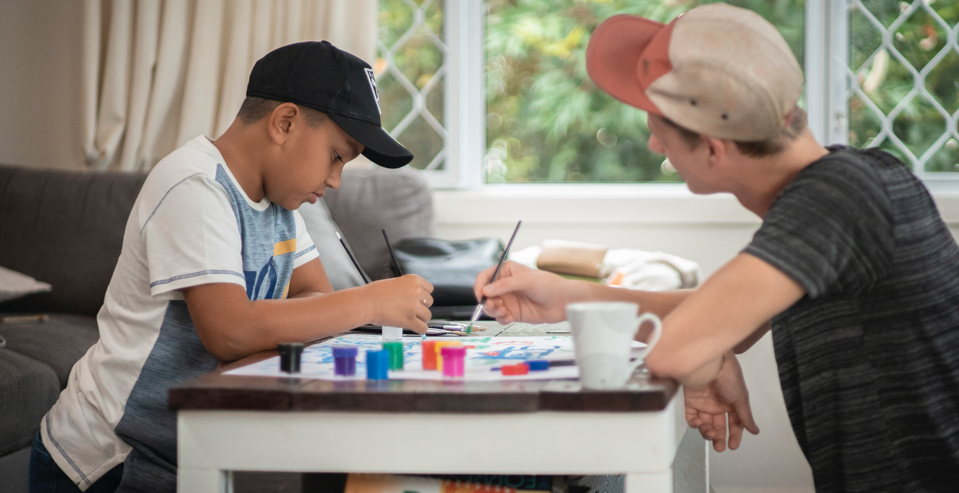Mentoring is a powerful relationship that can shape a child’s future, providing them with guidance, support, and opportunities for personal growth. However, like any meaningful endeavor, it’s crucial to assess the progress and impact of a mentoring relationship to ensure it remains effective and beneficial for both mentors and mentees. In this article, we’ll explore the importance of evaluating your match both formally and personally and offer some insights into how mentors and mentees can assess their journey together.
Completing the Programmes Provided Mentee Growth Evaluation
Many mentoring programs provide tools and resources to help mentors and mentees evaluate their progress. At Big Brothers Big Sisters we call our the Programme Outcome Evaluation or POE. These evaluations typically involve assessing specific goals and milestones annual basis. Being able to assess a mentee growth, personally, academically, emotionally and socially provides a better picture of the overall well-being of the child. From this we are able to not only collate data that goes on to support the mentee and there whānau but also the programme and its growth and positive impact.
This formal evaluation process not only helps measure the impact of the mentoring relationship but also keeps both mentors and mentees accountable. It allows you to celebrate successes, identify areas that need improvement, and make necessary adjustments to ensure the mentorship remains productive.
Going to Your Supervision
For many mentoring programs, mentors have access to supervision and support from program coordinators or experienced mentors. BBBS provides some of the most in depth and consistant supervision for our mentors, mentees and caregivers. This is an invaluable resource for both mentors and mentees. If you’re facing challenges or have questions about your mentoring relationship, don’t hesitate to seek guidance from your supervisor.
Supervision provides a safe space to discuss concerns, share successes, and receive advice on how to navigate difficulties. Experienced mentors can offer insights based on their own journeys, helping you find solutions and strategies to enhance the mentoring experience. We do not expect you to know everything and sometimes you may not get it perfect but that why we are here. To provide professional perspectives and give you the support required to develop and grow your mentor relationship.
Speaking Up When Things Get Difficult
Mentoring relationships, like any human interaction, can encounter rough patches. As a mentor or mentee, it’s essential to recognize when things aren’t going smoothly and address these issues. Open and honest communication is key.
If you’re a mentor and notice that your mentee seems disengaged or uninterested, don’t be afraid to ask them how they’re feeling and if there’s anything you can do differently. As a mentor your role is to support, and lead by example. Sometimes the most impactful moments come from the way you react or participate within your mentoring relationship.
In the end, evaluating the success of a mentoring relationship is not just a formality; it’s a critical aspect of ensuring the mentorship remains meaningful and impactful. Completing formal evaluations, seeking supervision, and addressing challenges as they arise can help mentors and mentees maximize the growth and benefits of their partnership.
Remember, the goal of mentoring is not just to start a relationship but to nurture it and watch it thrive over time, benefiting both mentor and mentee alike.

